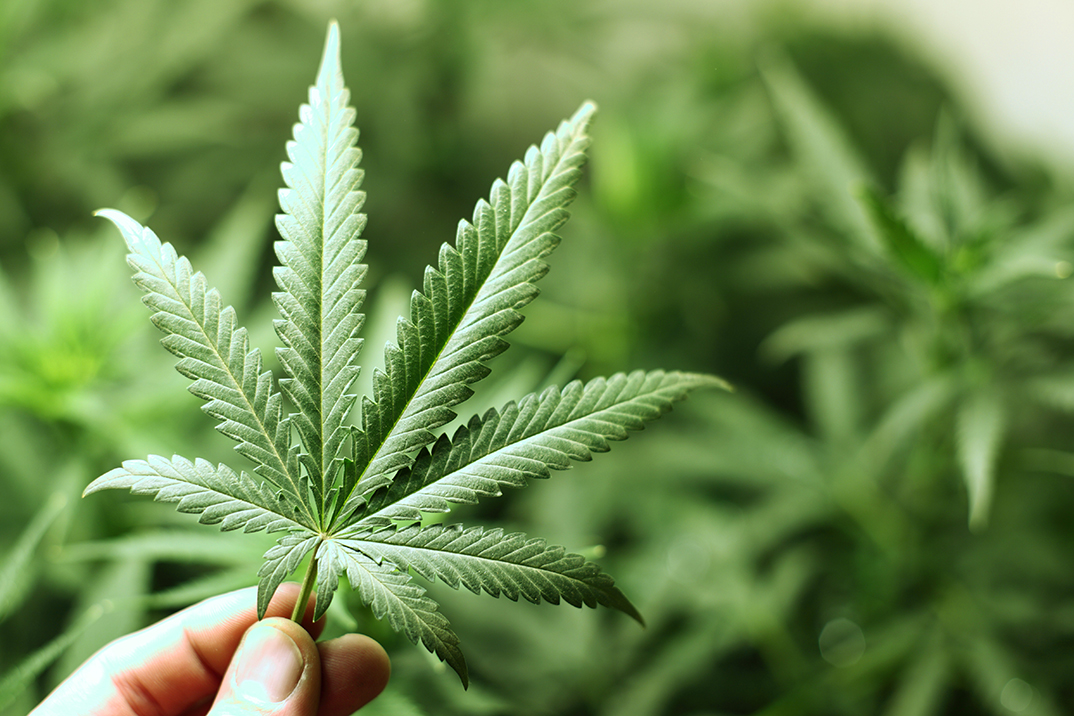207
BATON ROUGE — Louisianians who could benefit from medical marijuana may want to use the drug soon now that lawmakers have passed a pot proposal, which Gov. Bobby Jindal promises to sign.
But the unfortunate reality is that they will have to wait
Medical marijuana may be likely, but patients still to wait
previous post




